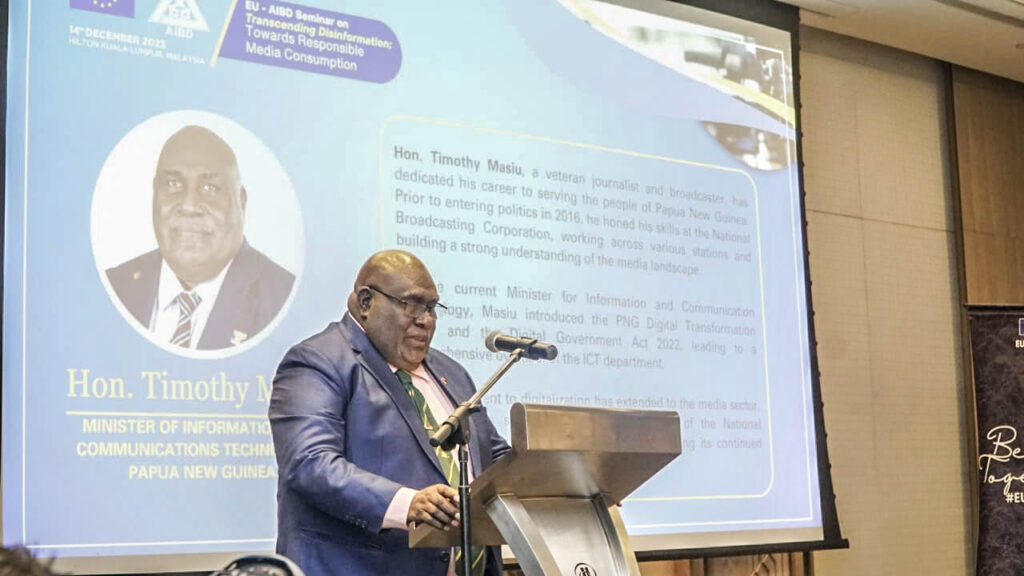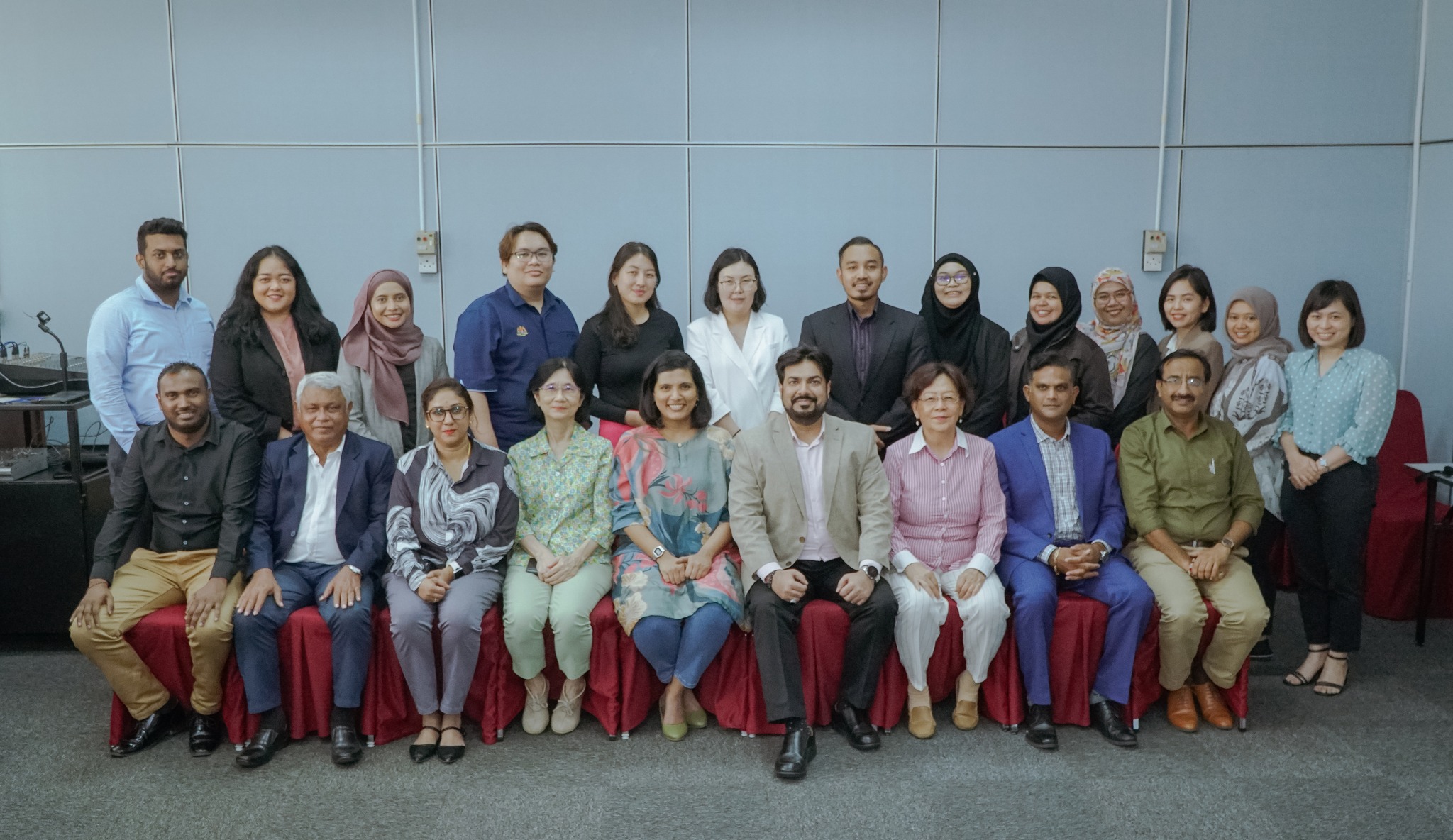Digital Transition should Ensure Harmonization
The complex transition from analogue to digital requires that countries move towards harmonization to maximize the benefit accruing from the digital dividend.
The complex transition from analogue to digital requires that countries move towards harmonization to maximize the benefit accruing from the digital dividend.
Dr. Eun-Ju Kim, Regional Director of ITU Regional Office for Asia and the Pacific, said ITU and other partners have developed guidelines to pursue DTTB transition and build human capacity aimed for this purpose.
She delivered today (26 May 2012) the welcome remarks at the ITU-AIBD Workshop on “ Digital Broadcasting: Opportunities, Business and Challenges,” one of seven pre-events leading to the Asia Media Summit in Bangkok.
She said that while some countries in Asia Pacific like have completed the Final Analogue Switch-Off (ASO), from production, transmission to reception, many more are in various stages of development including choosing the DTTB standards they will apply based on their local circumstances and preference.
Australia, Republic of Korea and New Zealand plan to complete switch off this year.
Developed in 2010, the guidelines have benefitted countries like Bhutan, Cambodia, Nepal, Mongolia, Sri Lanka and Tonga. In Asia Pacific.
Dr Kim said that “ while work on transition is going on, it is also important to understand the region’s needs so that we can prepare better for and enjoy together the converged digital era.”
Ms Supinya Klangnarong, Commissioner of the National Broadcasting and Telecommunications Commission (NBTC) also spoke at the workshop and announced that Thailand has chosen DVB-T2 as the digital broadcasting standard.
She said NBTC has endorsed this standard which the Thai Cabinet approved on 20 May 2012.
The digital switchover will begin within four years and completely change 80% of all households in major cities to the digital system within 5 years.




